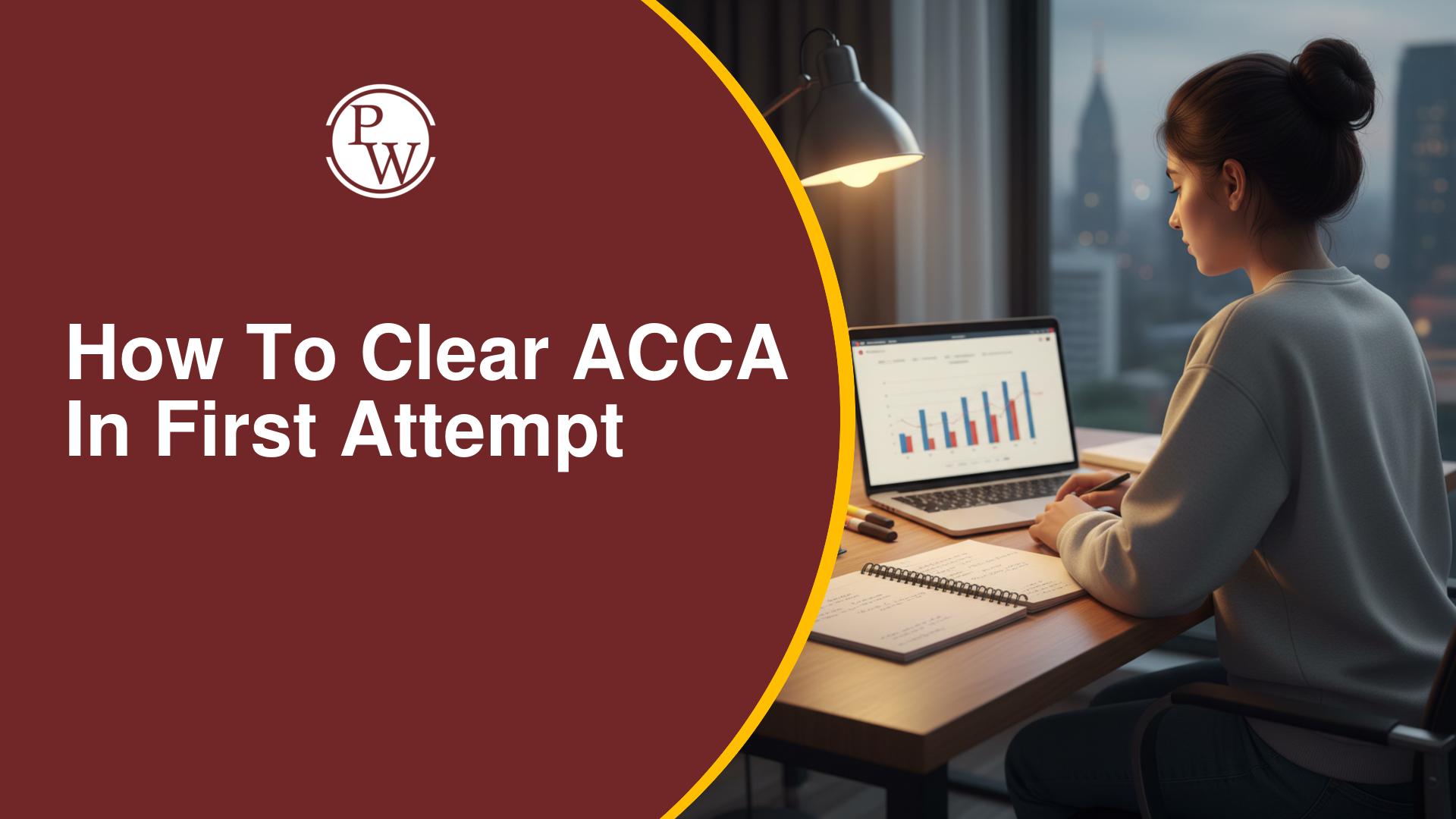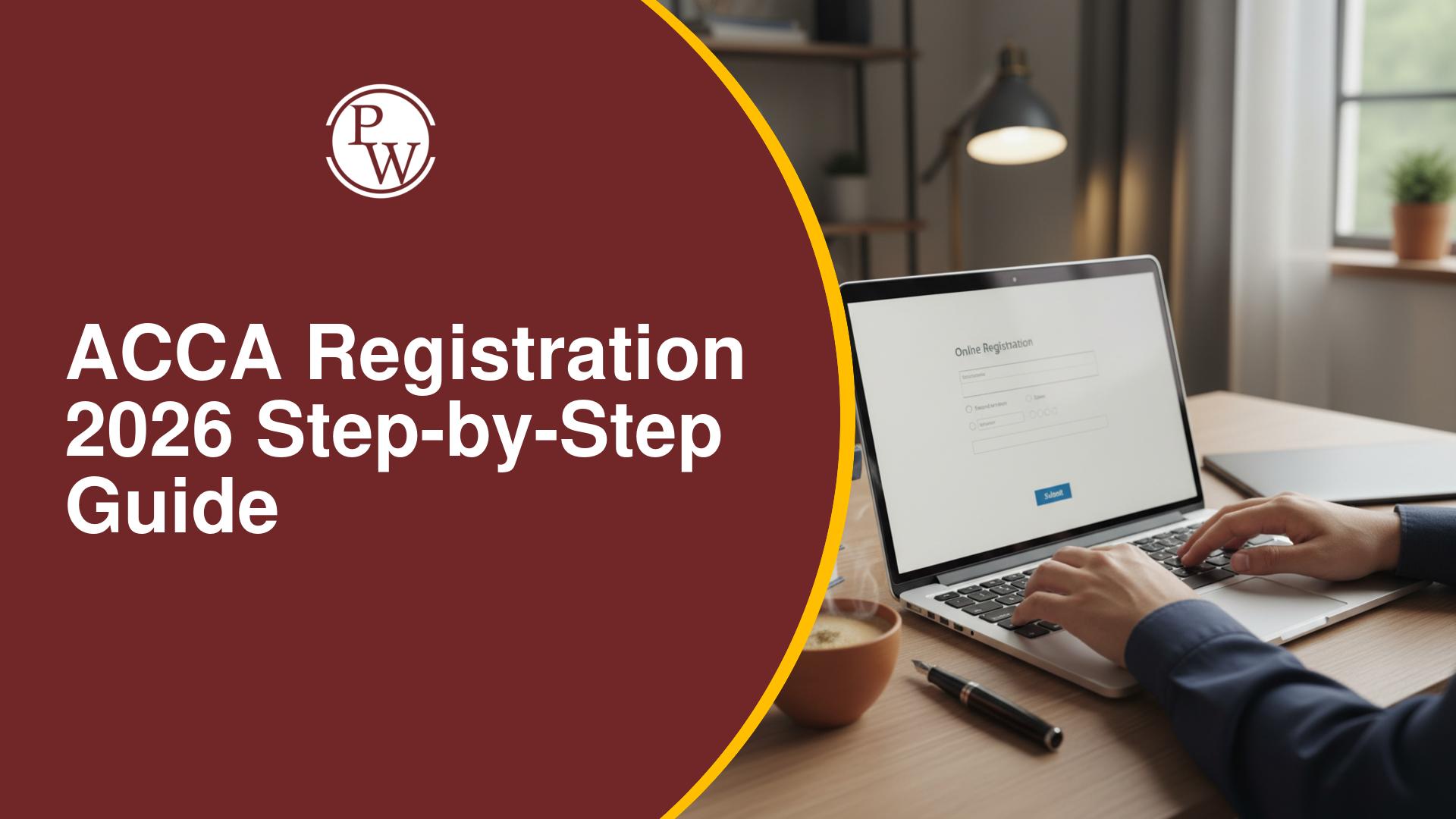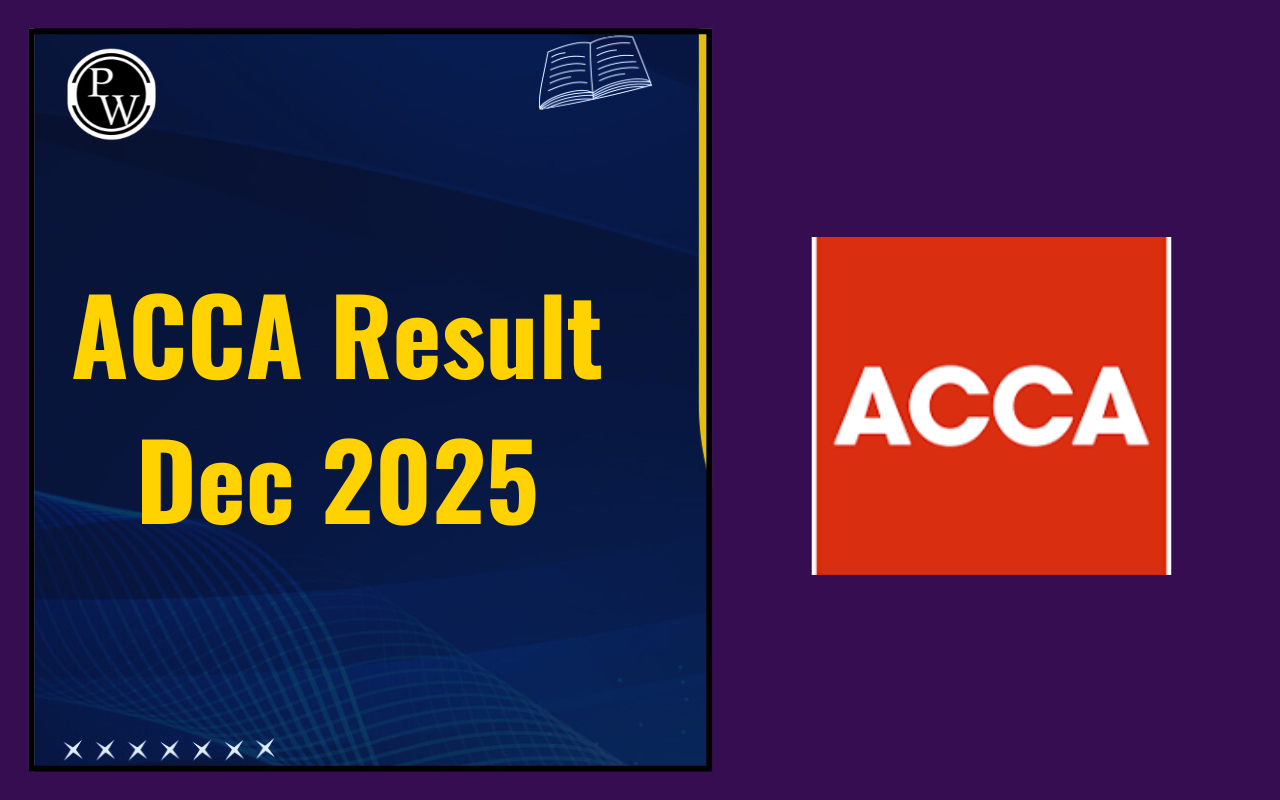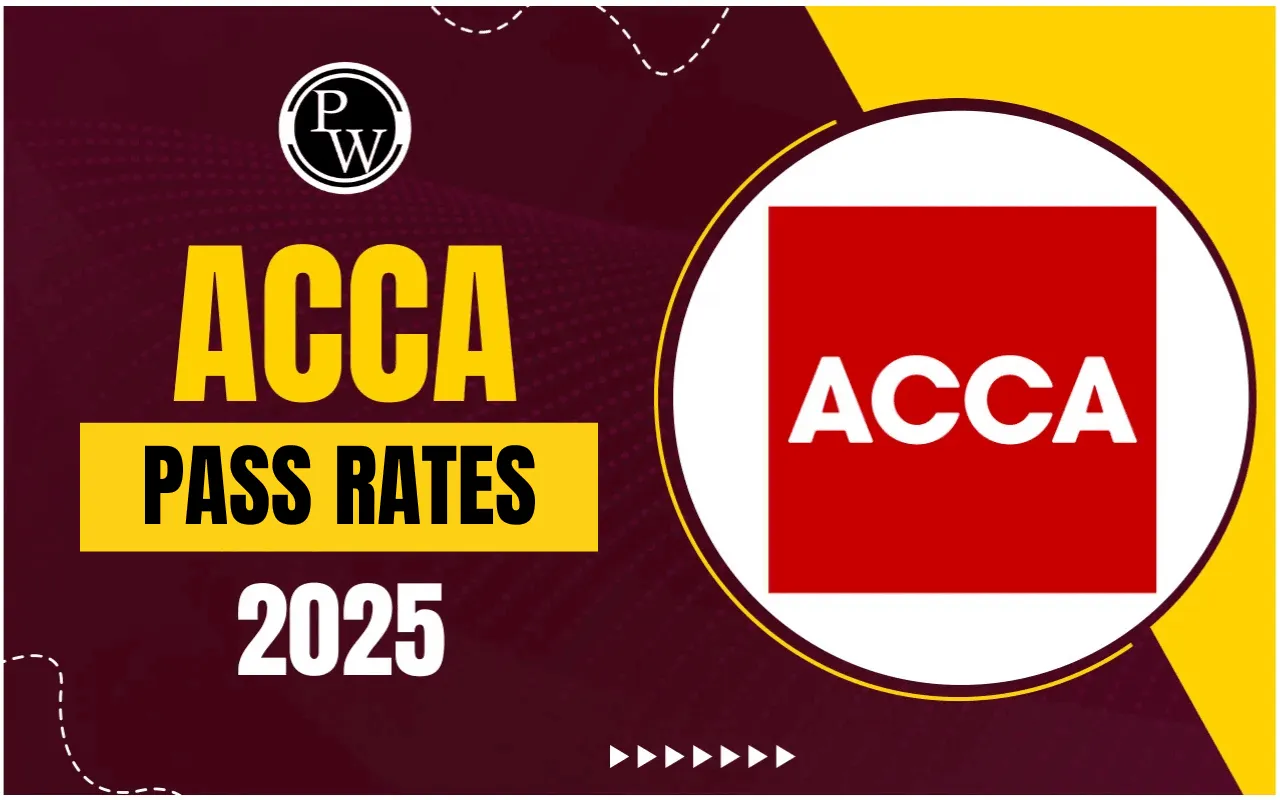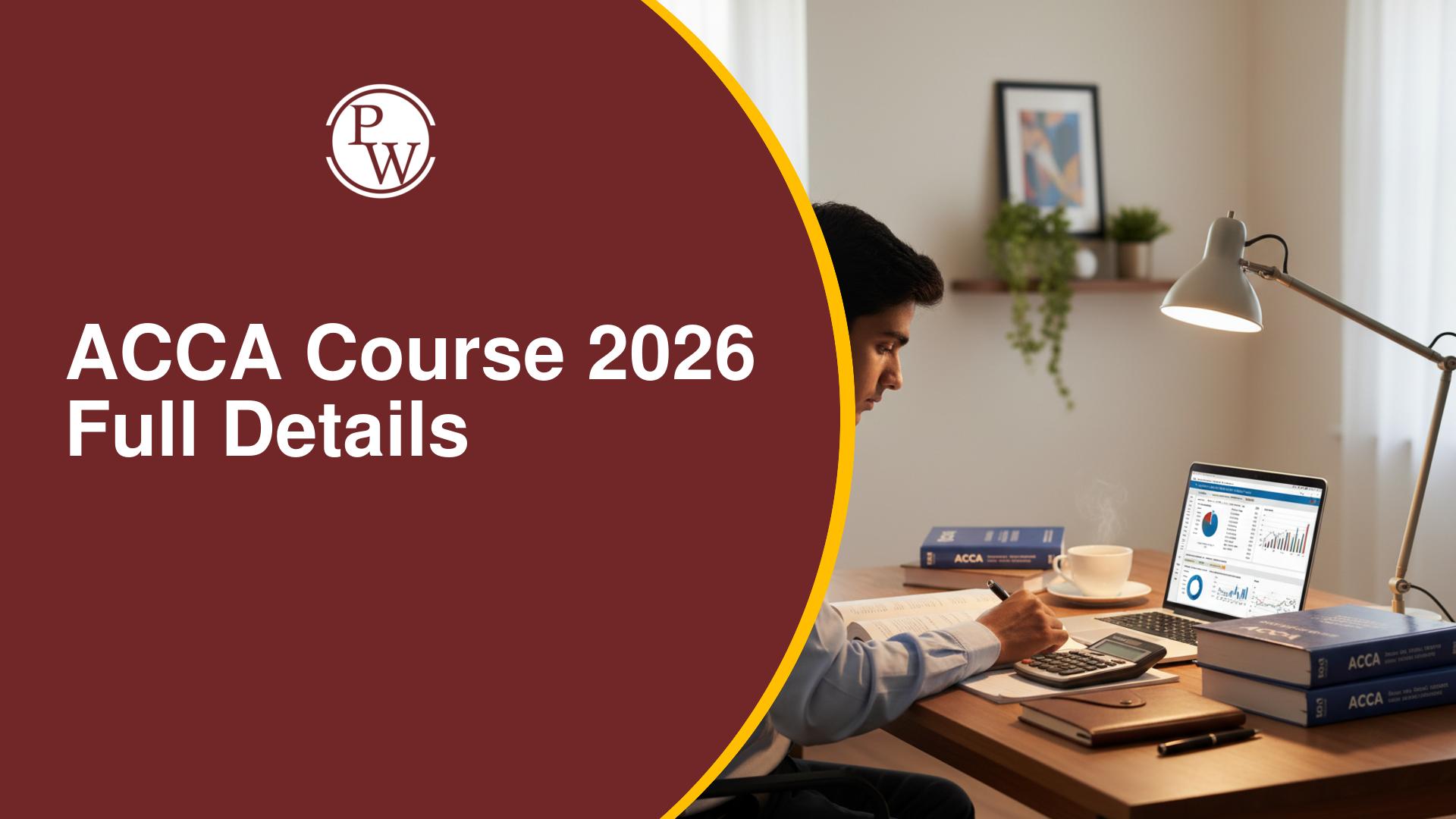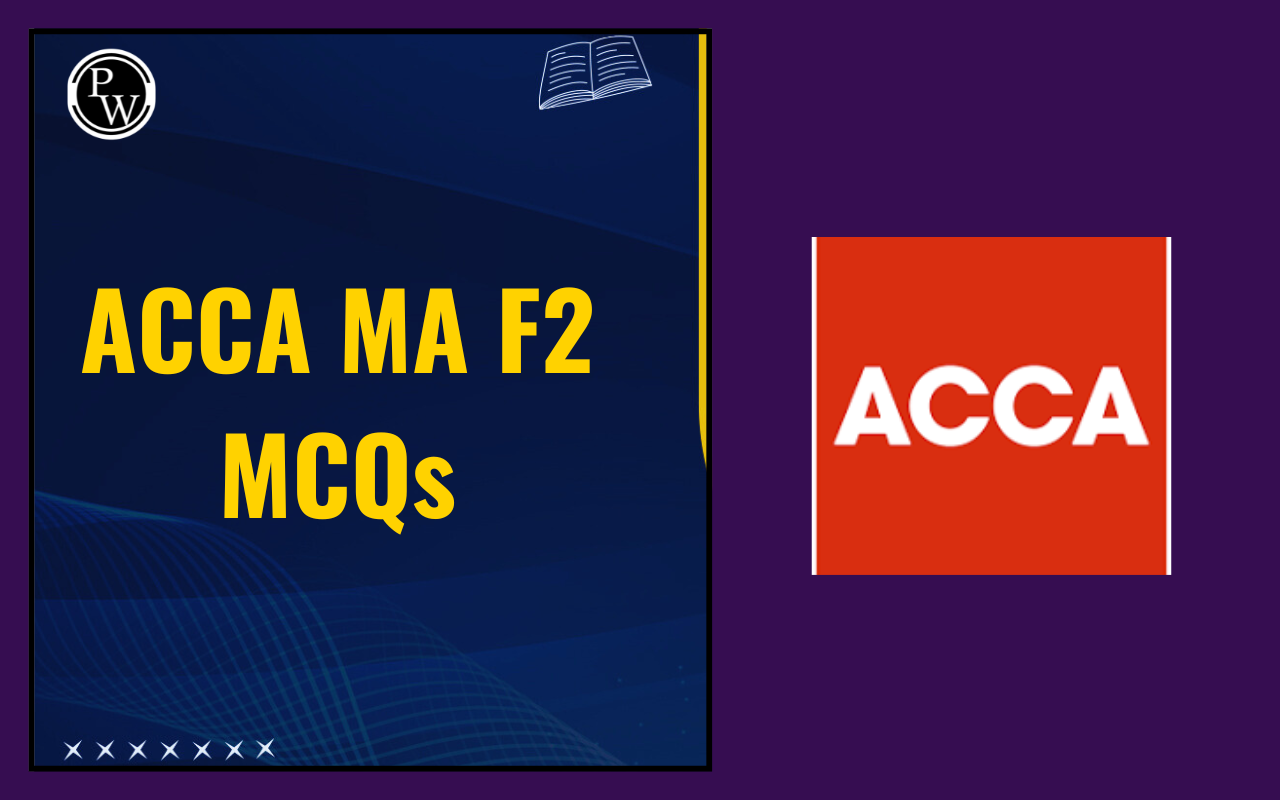
ACCA requirements: The Association of Chartered Certified Accountants (ACCA) is a global body for professional accountants. It is highly respected in many countries and opens doors to international career opportunities. To become a member of ACCA, students must complete a step-by-step journey that covers education, exams, practical experience, and ethics training. These steps are called ACCA requirements. Following them carefully ensures a smooth path from registration to final membership.
Below, we’ve explained all the important ACCA requirements in a clear and simple manner. The journey is long but well-structured, and each stage helps students gain the skills needed for the accounting profession. From eligibility to exams, practical training, and membership, every step plays an important role.
ACCA Requirements
The ACCA requirements guide students from the beginning to the end of the qualification. By meeting the ACCA requirements mentioned below, a student moves steadily towards becoming a fully qualified accountant. These requirements include:
-
Entry requirements to join the course.
-
Exemptions from exams for eligible students.
-
Registration process with ACCA.
-
Exam structure and levels.
-
Practical Experience Requirement (PER).
-
Learning and support conditions.
-
Final membership requirements.
ACCA Entry Requirements
Before registering, students must meet the entry conditions. These conditions are in place to make sure that candidates have the basic knowledge and ability to start their ACCA journey. Below, we’ve mentioned the ACCA requirements for entry:
| ACCA Entry Requirements | |
| Route | Eligibility |
| Professional Examination Route | Minimum two A Levels and three GCSEs in five separate subjects, including English and Mathematics, or an equivalent qualification. |
| Foundations in Accountancy (FIA) | Must be 18 years or older. Students can start from FIA and then move into the main ACCA qualification. |
| English Requirement | A good level of English is required to complete the studies and exams. |
ACCA Exceptions
Not all students have to write every paper. Some students get exemptions, which means they can skip certain exams. Below, we’ve mentioned the ACCA requirements for exemptions:
-
Students with recognised business or accounting degrees may receive exemptions from the Applied Knowledge and Applied Skills levels.
-
The exemption depends on the subjects already studied and the degree awarded.
-
Students with degrees in non-relevant fields will not get exemptions.
-
Exemptions are only provided after official evaluation by ACCA.
Registration Process for ACCA
The registration process is the first step to officially start the journey. Below, we’ve mentioned the ACCA requirements for registration:
Step 1: Go to the official ACCA website and fill out the online application form.
Step 2: Upload required documents like academic certificates and identity proof.
Step 3: Pay the registration fees.
Step 4: Wait for approval and receive the ACCA student ID.
Step 5: Once registered, students gain access to the learning platform and study resources.
ACCA Exam Structure
The ACCA exams are divided into different levels. Each level tests knowledge and skills at increasing difficulty. Students must pass all levels to qualify. Below, we’ve mentioned the ACCA requirements for exams:
| ACCA Exam Structure | |
| Level | Papers |
| Applied Knowledge | Business Technology (BT), Management Accounting (MA), Financial Accounting (FA) |
| Applied Skills | Corporate and Business Law (LW), Performance Management (PM), Taxation (TX), Financial Reporting (FR), Audit and Assurance (AA), Financial Management (FM) |
| Strategic Professional | Strategic Business Leader (SBL), Strategic Business Reporting (SBR), plus two optional exams (Advanced Financial Management, Advanced Performance Management, Advanced Taxation, Advanced Audit & Assurance) |
Note: These exams form the academic foundation of ACCA. Meeting these ACCA requirements proves that the student has the right technical knowledge.
Practical Experience Requirements (PER)
ACCA exams are important, but practical work experience is equally important. Below, we’ve mentioned the ACCA requirements for PER:
-
Students have to complete at least 36 months of relevant work experience in an accounting or finance-related role.
-
Students have to record progress and submit evidence through the ACCA online portal.
-
Students have to work under the supervision of a qualified employer or mentor.
-
Students have to complete the performance of the objectives as set by ACCA.
-
Students have to finish the Ethical and Professional Skills module with work.
Learning and Support Requirements
ACCA provides a strong support system to help students succeed. Below, we’ve mentioned the ACCA requirements for learning and support:
-
Students can attend the live tuition and revision sessions offered online or in classrooms.
-
Students can use recorded sessions if the live classes cannot be attended.
-
Students can access study materials like manuals, question banks, and revision notes.
-
Students can join mentoring hours where tutors can provide guidance and check assignments.
-
Students can follow the suggested self-study time like around 9 hours per week for most papers. 12 hours per week for Strategic Professional exams.
ACCA Membership Requirements
The final stage of ACCA is applying for membership. The ACCA requirements for membership are mentioned below:
-
Students have to pass all the ACCA exams successfully.
-
Students have to complete the Practical Experience Requirement (PER) of 36 months.
-
Students have to finish both the Ethical and Professional Skills modules.
-
Submit final proof of work experience and ethics completion.
-
Apply for membership through the official ACCA portal.
Benefits of Meeting ACCA Requirements
Completing all the ACCA requirements gives many professional advantages. Below, we’ve mentioned some of them:
Global Recognition: Recognition as a global professional accountant, which gives credibility in the field of finance and accounting.
Global Opportunities: Career opportunities in multiple industries and countries, as the ACCA qualification is respected worldwide.
Technical and Practical Expertise: Strong knowledge in accounting, finance, taxation, audit, and business that builds both technical and practical expertise.
Continuous Learning: Professional development and access to continuous learning through workshops, seminars, and online resources provided by ACCA.
Different Areas to Work: Ability to work in diverse roles such as auditing, taxation, consultancy, and management accounting, making career choices flexible.
Future Aspect: Better chances of career progression into senior roles like finance manager, auditor, or consultant.
Networking: Increased networking opportunities through the ACCA global community of members and students.
The journey of ACCA aspirants from registration to membership is detailed, but it is achievable if it is followed step by step. The ACCA requirements include entry, exemptions, registration, exams, practical experience, learning support, and membership. Each step helps students for the next stage, and completing all of them ensures a strong foundation in the accounting profession. For those who are ready to commit, meeting the ACCA requirements can open the door to a rewarding global career.
ACCA Requirements FAQs
What are the minimum ACCA entry requirements?
Can I get exemptions from ACCA exams?
How long does it take to complete ACCA?


